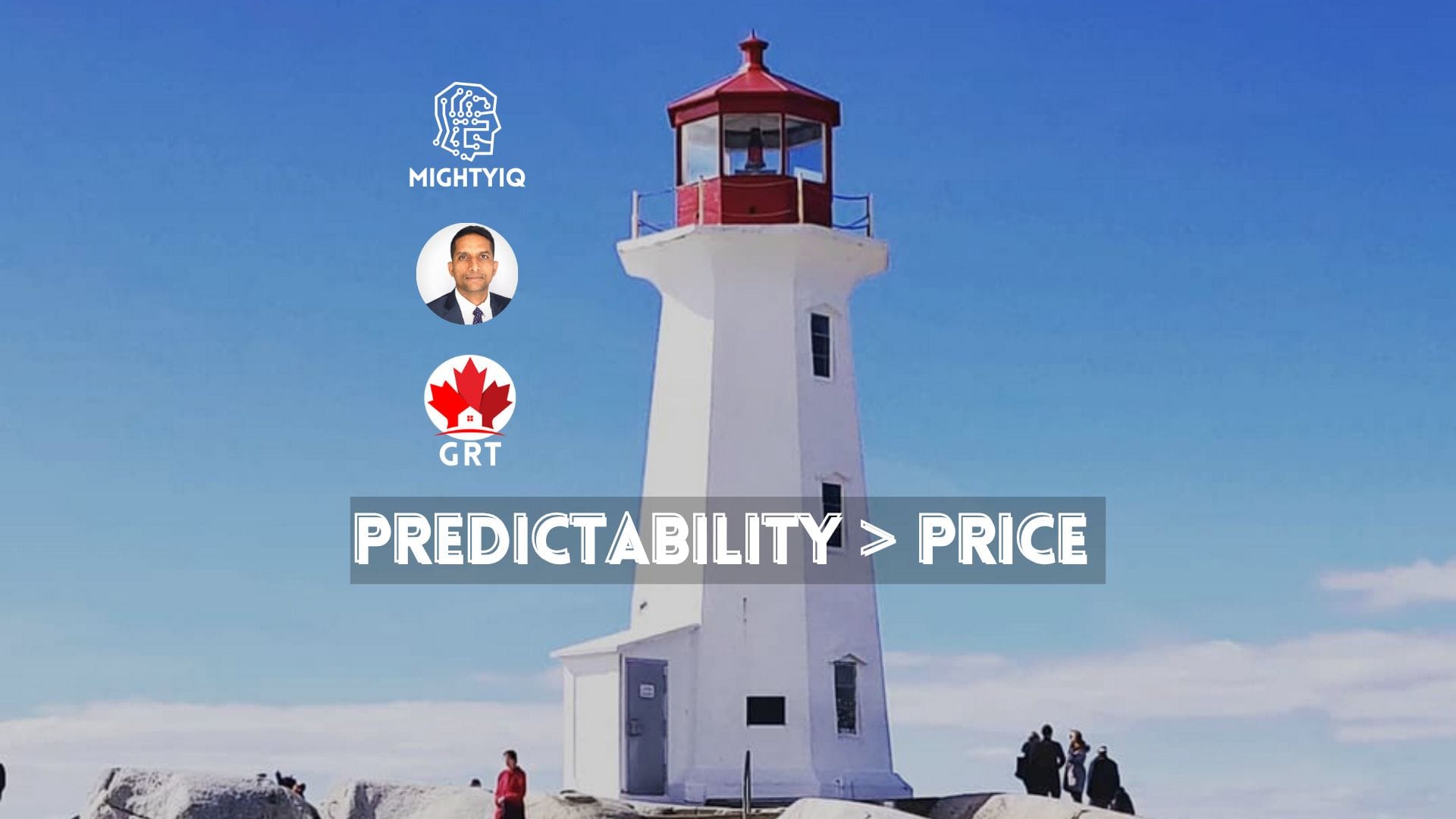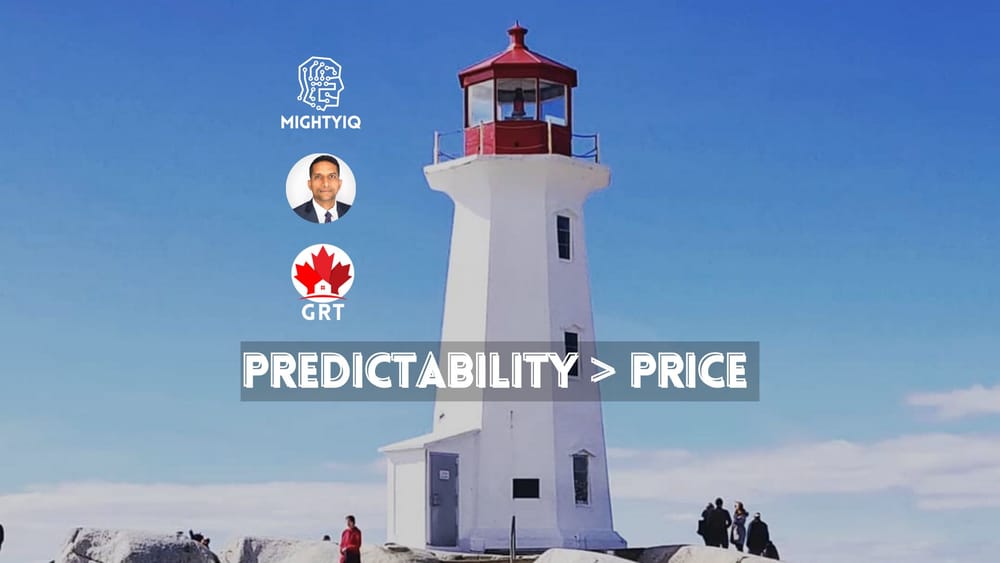$100K Shock – Predictability > Price
On September 19, the U.S. announced a $100,000 levy on new H-1B visas. The number is eye-catching, but for businesses the real story isn’t cost — it’s volatility. Costs can be managed; instability can’t. And when companies can’t plan with confidence, growth strategies fall apart.
Canada’s Window of Opportunity
This is where Canada has a window. Toronto is in the spotlight, but the opportunity extends to Vancouver, Waterloo, and Atlantic hubs like Halifax, Fredericton, and St. John’s. Each can step forward to offer what the U.S. just made harder: predictability.
Why Halifax Matters
For centuries, Halifax has been a beacon of light for people crossing oceans. Today, it can play that same role for the IT sector — offering stability, talent, resources, and quality of life. Add direct flights to Europe and the U.S., beaches just 15 minutes away, one of the world’s largest waterfront boardwalks, and a vibrant community, and you see why Atlantic Canada isn’t just affordable — it’s aspirational.

The Ecosystem Challenge
But here’s the challenge: while we talk about attracting global talent, Canada is losing its own founders.
- In 2015, the U.S. produced 11x more high-potential startups than Canada.
- By 2024, the gap exploded to 45x.
- Canada’s share of high-potential startups fell from 4.3% (2015) to just 1.5% (2024).
Between 2015–2020, 70% of Canadian-founded startups raising $1M+ stayed in Canada.
By 2024, only 32% did, while nearly half (48%) launched in the U.S.
Those U.S.-based founders raised twice as much and reached Series B nine months faster.
Source: Leaders Fund – Canada’s Shrinking Startup Pipeline (2025)
👉 Which raises the question: Can Canada justify attracting global IT talent if the ecosystem isn’t strong enough to support them?
Building Confidence
It’s not enough to say we’re open. Canada needs immigration pathways that are clear, fast, and transparent. While global talent is critical, we must first safeguard opportunities for skilled Canadians ready to take on new challenges. Only then should global talent complement, not compete.
The U.S. just sent a message of uncertainty. Canada now has a chance to respond with predictability — because cost makes headlines, but predictability secures growth.
🔑 Key Takeaways
- A $100K H-1B visa fee in the U.S. is less about cost, more about volatility.
- Canada has an opening to position itself as the predictable alternative.
- Halifax and Atlantic Canada bring both talent and quality of life advantages.
- Canada must first support skilled Canadians, then use global talent to complement the workforce.
- The ecosystem challenge is real: Canada is losing founders abroad, and must strengthen its foundation to truly compete.
🤝 Let’s Collaborate
I’m an entrepreneur and business growth consultant based in Canada. My journey—from family roots in rural India to building ventures across continents—has taught me that impact comes from resilience, perspective, and the courage to take action.
Alongside experimenting with AI, I help CPG, media, animation studios, and technology-driven businesses grow through:
- 📺 FAST channel distribution & media partnerships
- 💻 Digital transformation & platform adoption
- 🌍 International market expansion (Canada, US, Asia, LATAM)
- 🤝 Strategic partnerships & growth consulting
Whether it’s scaling creative IP, transforming digital platforms, or entering new markets, my focus is on building strategies that last—while avoiding the obvious mistakes that lead to failure.
🔔 Stay Connected
If these reflections resonate with you, I’d love to continue the conversation.
👉 Subscribe to my newsletter on entrepreneurship, media, AI, and creative growth: iamgrt.kit.com
📸 Taken at Peggy’s Cove, Nova Scotia — on a sunny day by yours truly, Govind Talluri.
Reference: Leaders Fund - Canada's Shrinking Startup Pipeline (2025) - https://www.leaders.vc/canadianstartups



